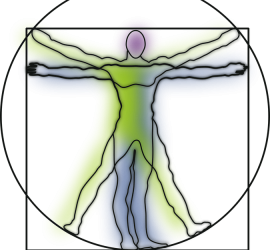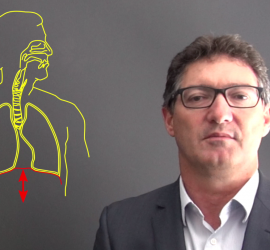Breathing: an automatic process until your 70s?
We don’t normally have to think about our breathing and that’s because breathing is handled by a subconscious part of the brain called the medulla. The medulla automatically controls our breathing as well as our heart rate and blood pressure (Del Negro et al. 2018). It sends neural signals to the […]





